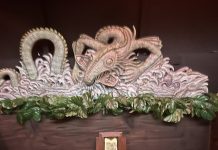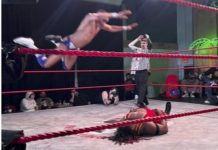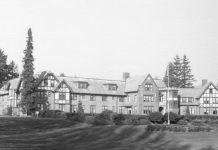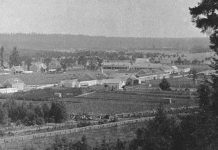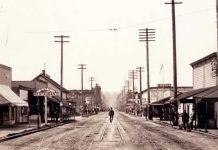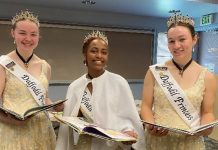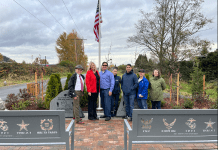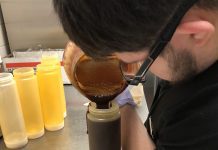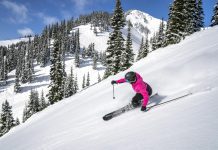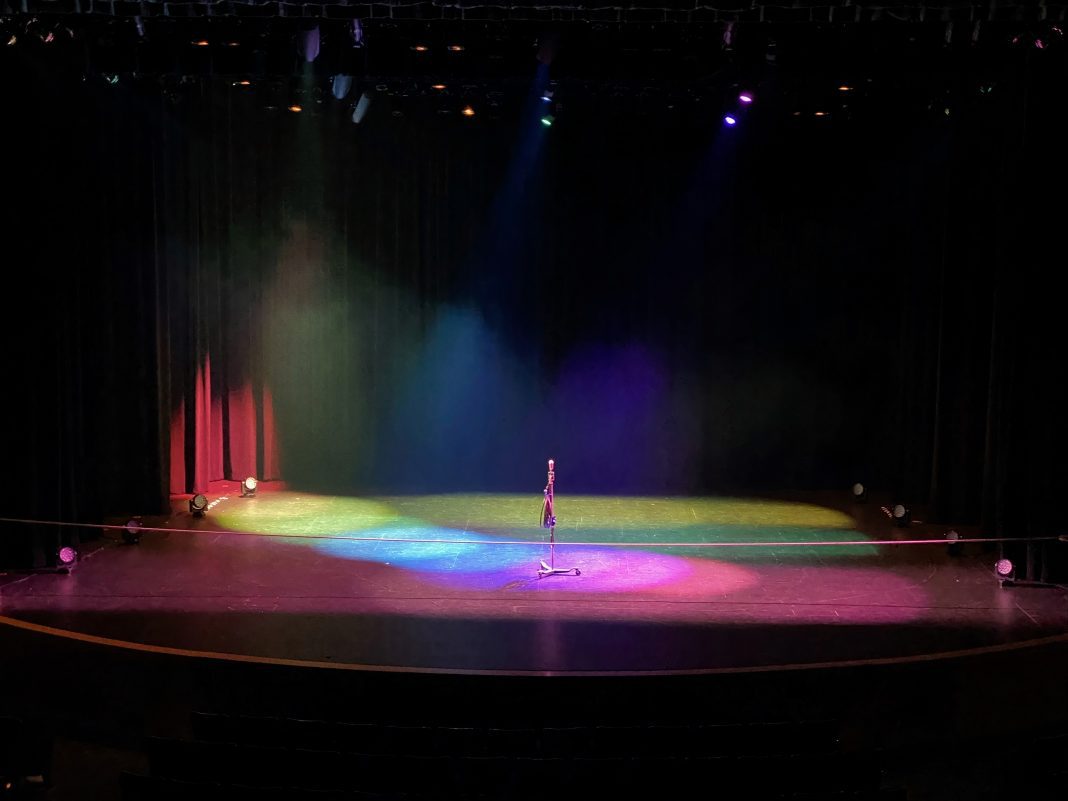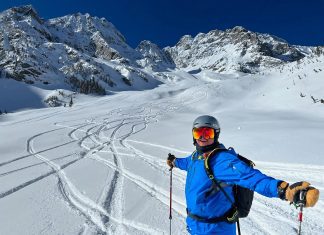Although slavery was abolished by the 13th Amendment in 1865, it was nearly 30 years before the first early ragtime songs opened the door to African American music as we know it today. From Scott Joplin in the 1890s to the boisterous heyday of the 1920s, ragtime and jazz took our country by storm. On Tuesday, March 15, join three top vocalists and their all-female band in celebrating the lives and work of Bessie Smith, Billie Holiday and Nina Simone at Olympia’s Washington Center for the Performing Arts.
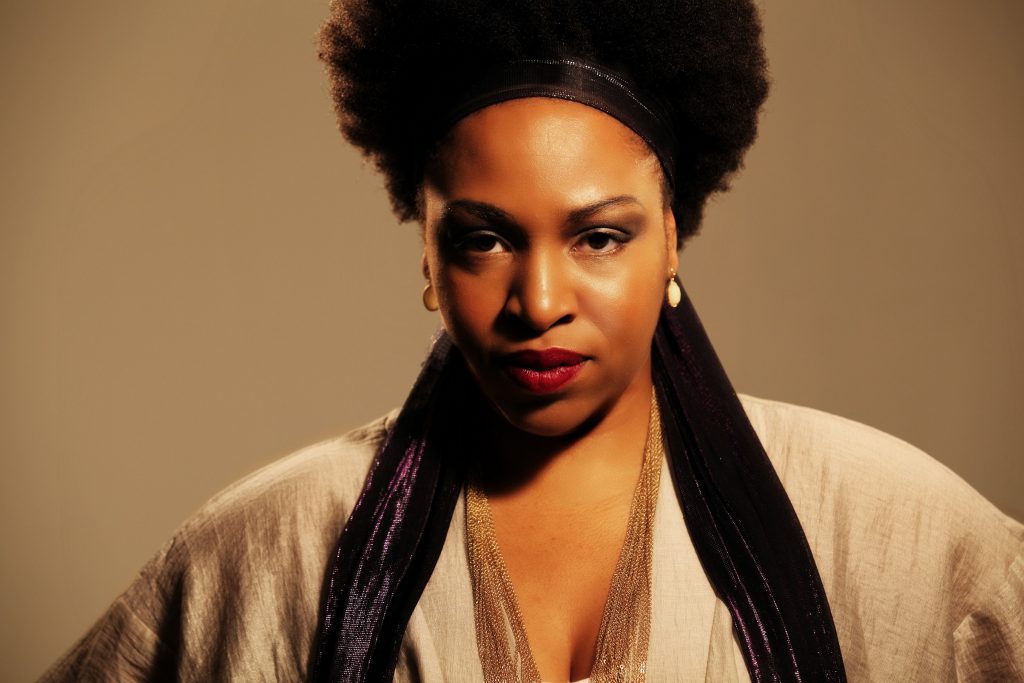
“Bessie, Billie, & Nina: Pioneering Women in Jazz” is a national tour showcasing the performances of three timeless jazz greats. Singers Charenée Wade, Vanisha Gould and Tahira Clayton take us on a musical journey that runs from life in the Jim Crow South to the upheavals of the 1960s. The three singers immortalized in this performance conquered decades of repression and racism to give voice to political and social movements nationwide.
Bessie Smith’s first recording was released in 1923, according to Jazz in America. It sold a million copies in only six months. Ten years later, Billie Holiday recorded her first song and Nina Simone’s first album dropped in 1957.
Bringing their soulful sound to life in 2022 are three accomplished contemporary artists with amazing resumes of their own. Charenée Wade is a singer, composer and educator. A professor at the Aaron Copland School at Queens College, she is a regular on Jazz at Lincoln Center and has toured with their national production of “Ladies Sing the Blues.”
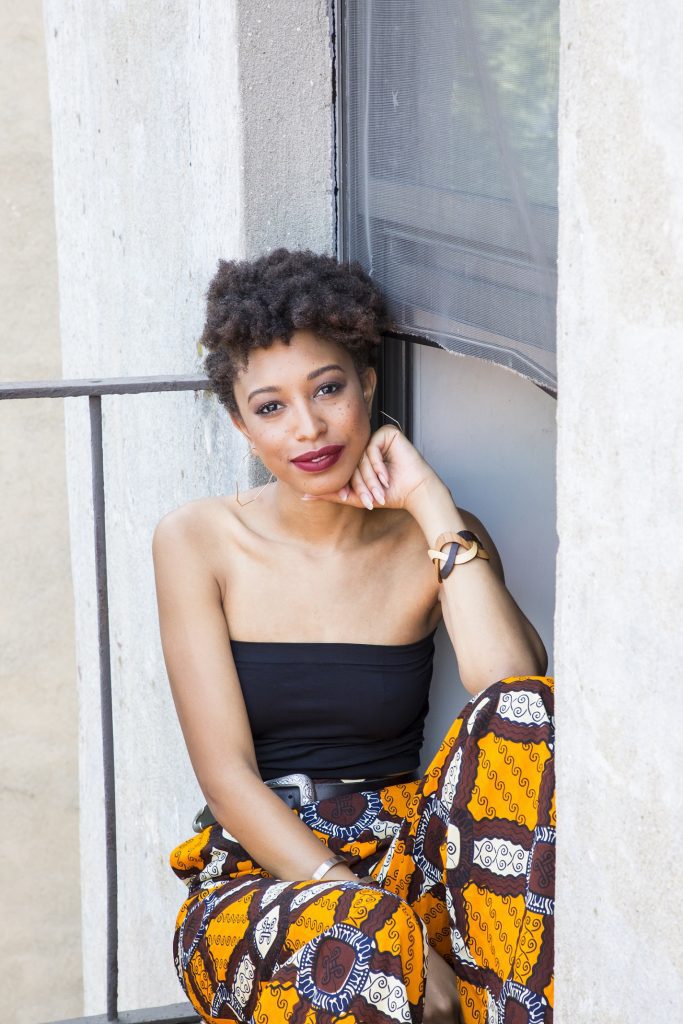
Vanisha Gould moved to New York from California in 2015 but is back on the west coast with this touring concert. Composer and bandleader, she is known for vibrant performances of original work as well as timeless classics from the Great American Songbook.
Like Gould, Tahira Clayton is an NYC transplant, this time from Dallas, Texas. When not on stage, Clayton teaches at the Brooklyn Conservatory of Music, the Bloomingdale School of Music and Trinity Wall Street. She is also a teaching artist for Jazz at Lincoln Center (Jazz for Young People) and the Juilliard School.
Together, these powerful voices, under Grammy-winning producer Eli Wolf, celebrate the enduring legacies of music’s iconic women and artists. Wolf has worked with such notables as Nora Jones, Robert Glasper and The Roots. Performances include their classic songs like Bessie Smith’s “Downhearted Blues,” Billie Holiday’s “Strange Fruit,” and Nina Simone’s “Mississippi Goddam.” Predominantly music, the artists will also give context to these songs and their importance in culture and history.
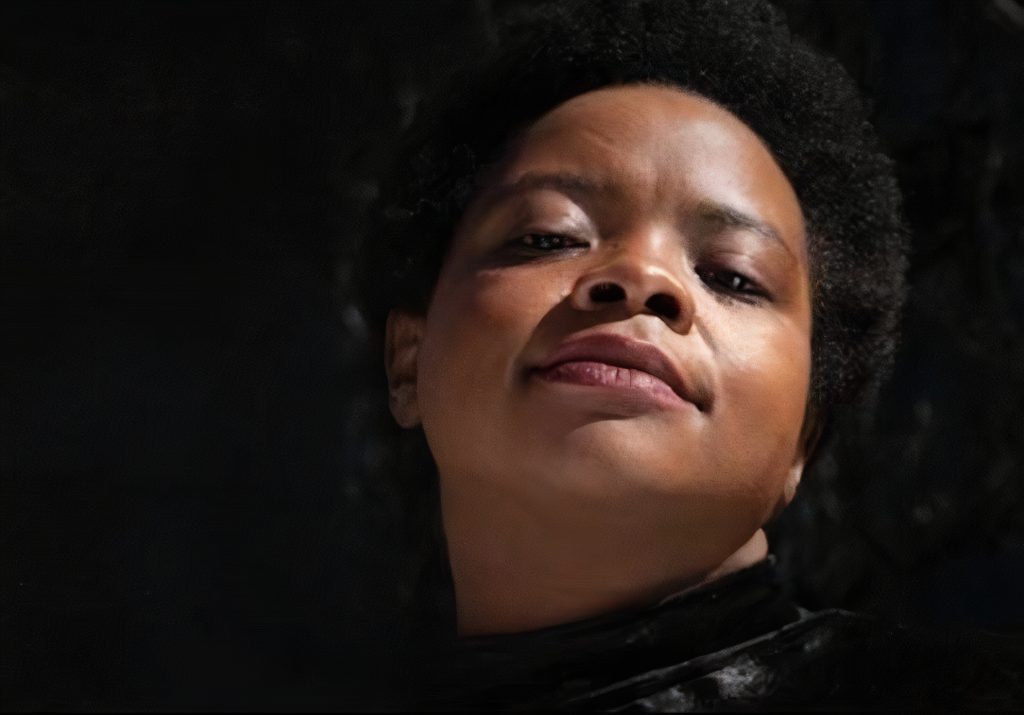
The show takes place at 7:30 p.m. on March 15 and tickets can be purchased in advance or at the Washington Center’s box office. The Box Office is open from noon until 5:30 p.m. Tuesday through Friday or two hours before any event. You can reach them at 360.753.8586 or boxoffice@washingtoncenter.org.
Patrons over 18 must show a photo ID. Follow the Center’s COVID-19 protocol requirements for changes and updates to their guidelines as they are modified in alignment with state and local standards. Please be respectful as restrictions may change at the last minute.
Get into the mood by enjoying past performances before the show. Charenée Wade’s “Ain’t No Such Thing As Superman” is an acoustic gem. Vanisha Gould was featured as part of NPR’s Tiny Desk Contest performing “Donovan,” and Tahira Clayton’s new album Wait, Till Now is available to stream as well.
Historians at the Smithsonian share that: “Describing the African-American influence on American music in all of its glory and variety is an intimidating—if not impossible—task. African American influences are so fundamental to American music that there would be no American music without them…Their work songs, dance tunes, and religious music—and the syncopated, swung, remixed, rocked, and rapped music of their descendants—would become the lingua franca of American music, eventually influencing Americans of all racial and ethnic backgrounds.”
Come hear the most iconic songs of an era, thanks to the Washington Center. Billie, Bessie and Nina may no longer be with us, but their music lives on forever. Don’t miss out on the opportunity to hear their work performed as it should be—live and full of emotion and feeling. It’s a glimpse into a bygone era that still rings true 100 years later.
Sponsored





